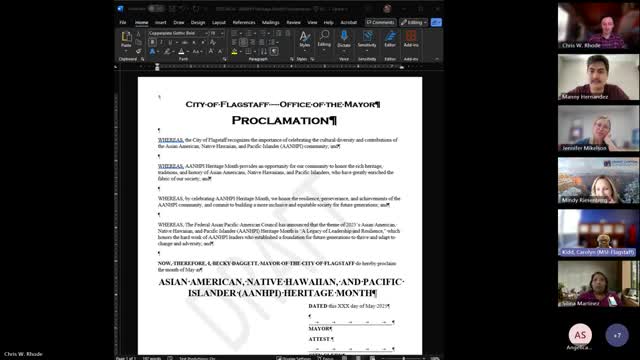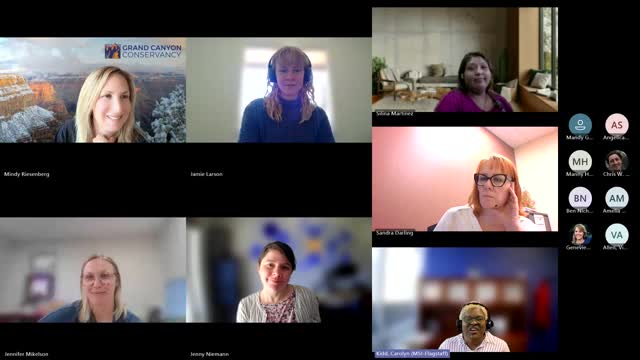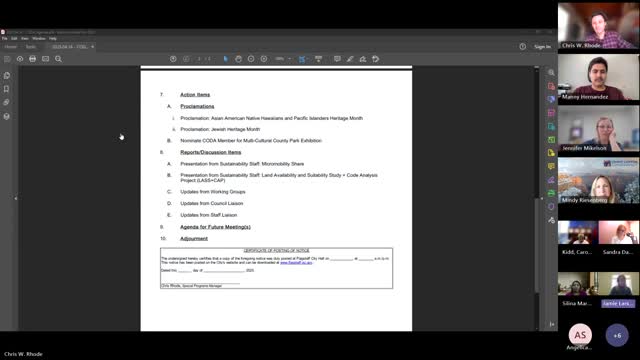Article not found
This article is no longer available. But don't worry—we've gathered other articles that discuss the same topic.

CODA approves minutes and forwards three heritage-month proclamations; names representative for county park exhibition

Flagstaff staff outline ‘LastCap’ study identifying 50 opportunity sites and zoning changes to boost housing and climate goals

